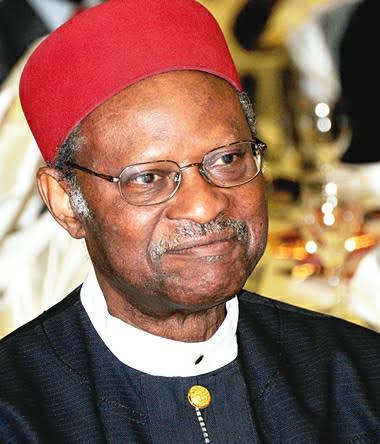World News
Electoral conflicts best concluded in courts — US Ambassador

… Says February 25 failed to meet Nigerians’ expectations.
The U.S. Ambassador to Nigeria, Ambassador Mary Beth Leonard has urged that although the outcome of the February 25 presidential elections failed to meet the expectations of Nigerians, it is best to resolve the conflict in the courtroom.
TrackNews Media Reports that Leonard said the United States itself is no stranger to election-related controversy and conflict in an apparent reference to the recent Donald Trump election challenge adding that it can be unsatisfying to end an electoral process in a courtroom.
“In a constitutional democracy bound by the rule of law, that is where electoral conflicts may appropriately conclude,” she conceded.
She said “The people of Nigeria demonstrated their dedication to democracy on February 25, but there are many angry and frustrated Nigerians as well as many who are celebrating victories they believe were hard-fought and well-earned. In the coming days, it will be important for the future of this country that Nigerians not let their differences divide them, and that the legally established process for resolving challenges to the election be allowed to take its course. We commend Mr. Obi and Mr. Abubakar for their recent statements committing to take this path, and Mr. Tinubu, who INEC declared the president-elect under Nigeria’s electoral framework, for acknowledging their right to do so.
“It is clear that the electoral process as a whole on February 25 failed to meet Nigerians’ expectations. As I said numerous times prior to the elections, Nigeria has accomplished much in just the two-plus decades since the return to democracy, and a gradual improvement in the quality of its elections in that time constitutes one of those accomplishments. We recognize that Nigerians want that positive trend to continue, including through the use of new technology intended to make the process of reporting results more transparent. We thus reiterate our call on INEC to promptly address the challenges that can be resolved ahead of the March 11 gubernatorial elections and to undertake a broader review of the problems that transpired during the last elections and what can be done to fix them. In all cases, INEC should share with the Nigerian public information about the actions it is taking.
“I also want to highlight some of the remarkable results from this past election that show how Nigeria’s political landscape is indisputably changing. In more than half of the states – 20 – the winning candidate represented a different party than that of the incumbent governor. Twelve of these states are led by APC governors. For the first time, four presidential candidates won at least one state, and the top three each won 12 states based on these initial results. In the National Assembly elections, even with results still incomplete, we already know that changes are afoot: seven sitting governors lost in their attempts to win election to the Assembly; the Labor Party has won at least seven seats in the Senate; the NNPP has won at least 11 seats in the House of Representatives.
“The Nigerian people have made clear their desire for responsive and inclusive governance, and we strongly support their ability to express that desire. The United States and Nigeria are the two largest presidential democracies in the world, and longtime partners. As Nigeria goes through these next weeks and months, we stand with you.”
-

 Politics7 days ago
Politics7 days agoGov. Diri Totally Committed To Bayelsa’s Development, Growth, And Progress; George Turnah Tells Visiting Ogbia Ward 9 PDP Executives And Stakeholders
-

 News6 days ago
News6 days agoThere Is No Worker In Level 1 Step 1 Today In Nigeria, We Only Have Workers From Level 4 – Joe Ajaero
-

 Niger Delta6 days ago
Niger Delta6 days agoEx-Niger Delta Militant Hails Tinubu’s Reforms, Seeks Intensified Security Of Oil Installations
-

 Politics6 days ago
Politics6 days agoJUST-IN: Reinstated Edo State Deputy Governor, Philip Shaibu Kneels For Oshiomhole After Dumping PDP For APC
-

 News4 days ago
News4 days agoNYSC Member Allegedly Impregnates 5 Secondary School Students in Sokoto
-

 Sports6 days ago
Sports6 days agoChelsea offered TWO elite strikers as Victor Osimhen ‘agrees’ transfer
-

 Business4 days ago
Business4 days agoUPDATE: How NNPC Spent N7.3Billion On Entertainment In 16 Months NNPCL GMD, Mele Kyari
-

 News4 days ago
News4 days agoPolice Sergeant Shoots Father Dead After Drinking To Stupor




